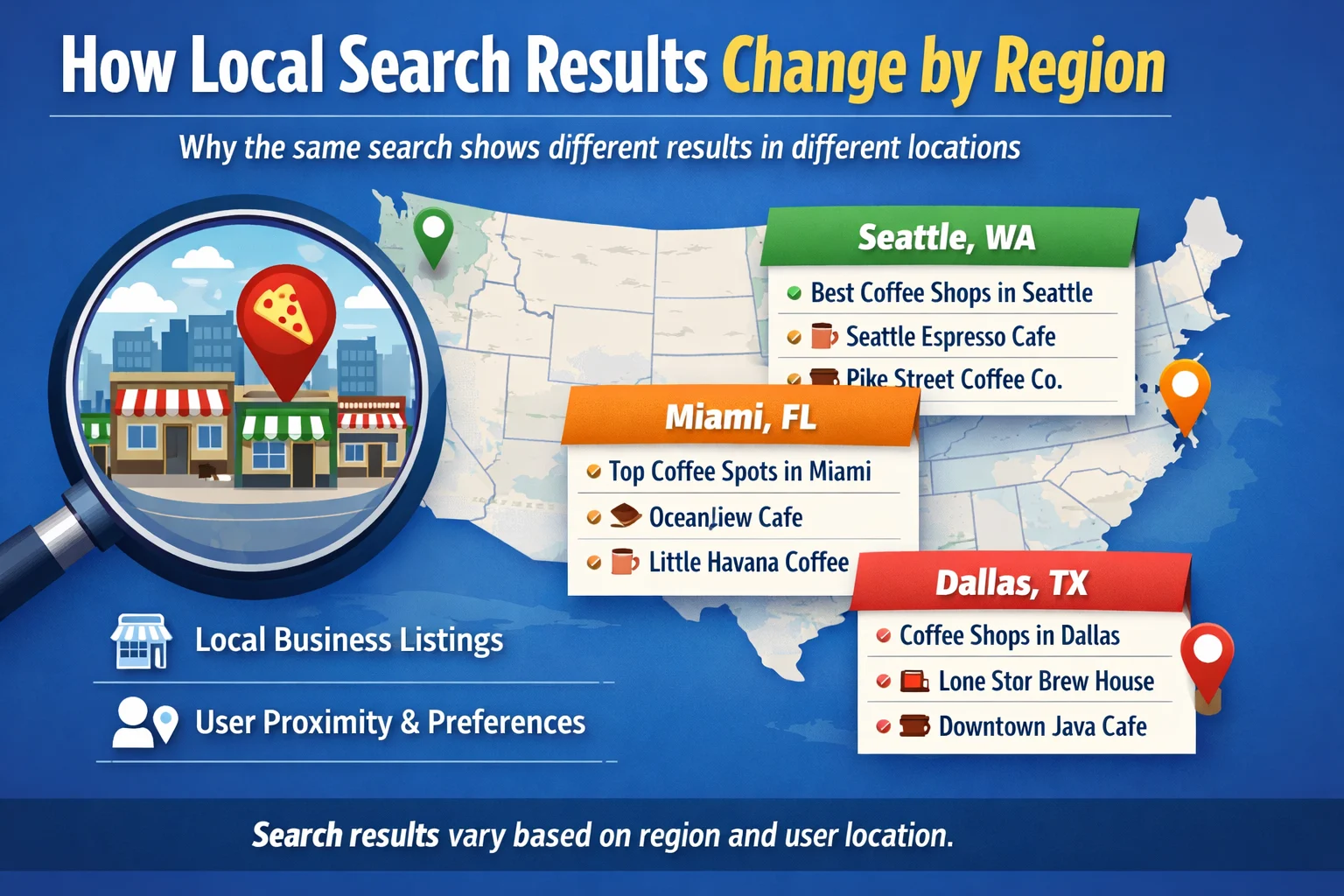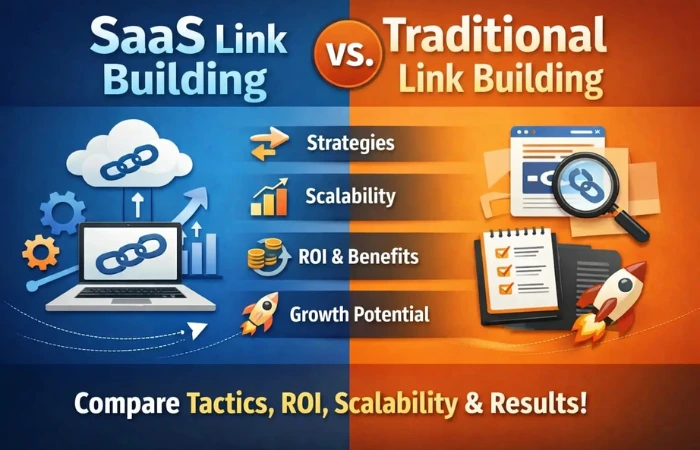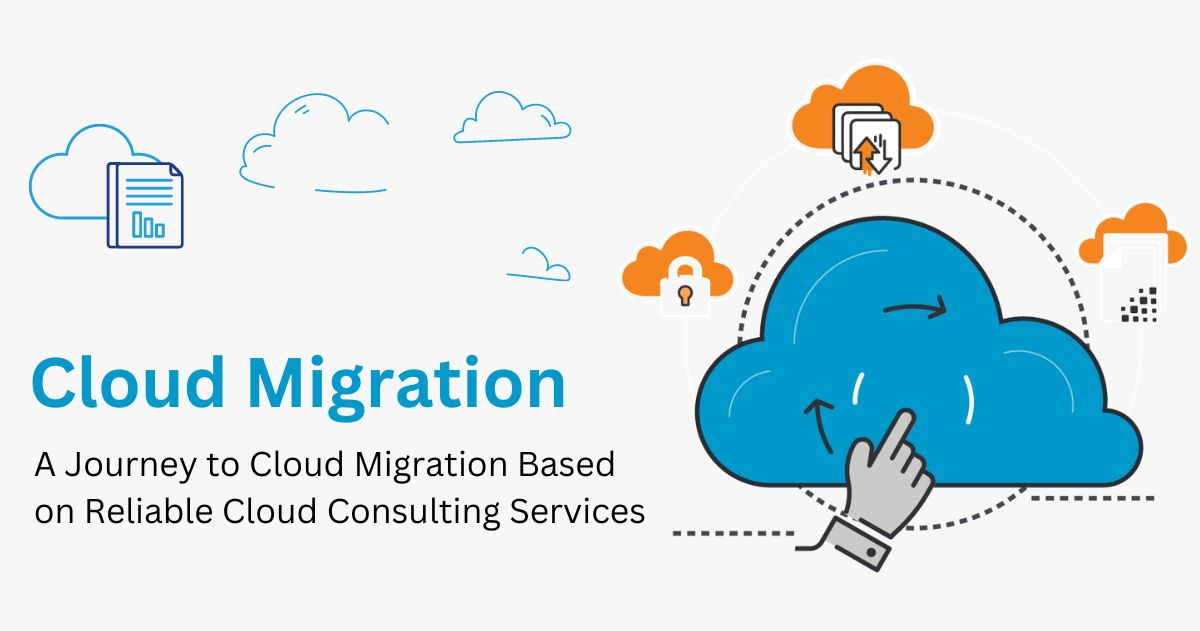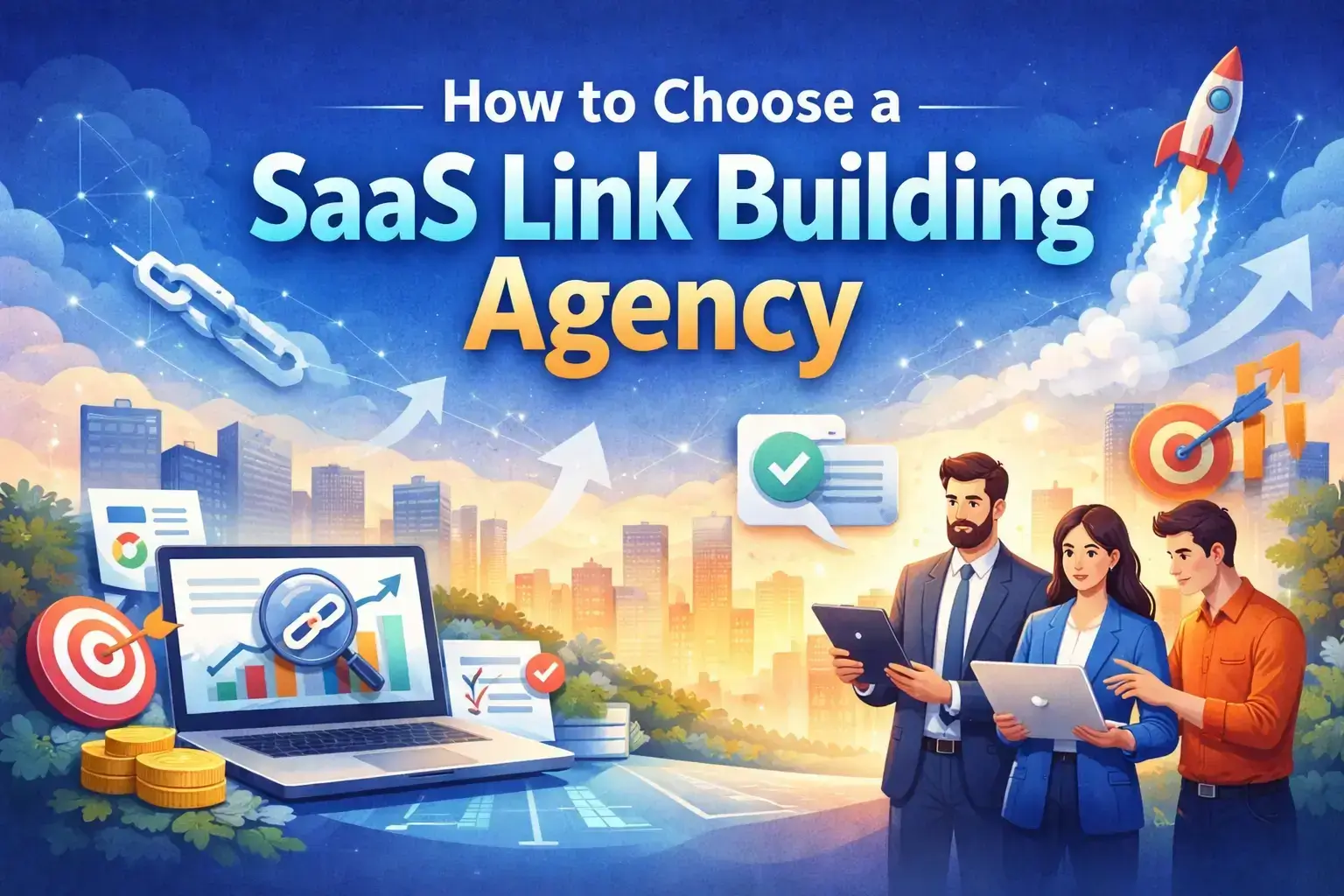The word “firewall” doesn’t exactly spark joy. For many business owners, it lands in the same category as “tax code” or “insurance paperwork”—a complex, technical necessity you know you need but would rather not spend your afternoon thinking about.
But here’s the thing: in the digital landscape, your firewall isn’t just a piece of tech; it’s your business’s frontline defender. It’s the digital bouncer that decides who gets into your club and who gets left out in the cold. Choosing the right one isn’t about checking a box for compliance; it’s about actively protecting your customers, your data, and your livelihood.
So, how do you navigate this critical decision without needing a degree in computer science?
Also Read: Latest Google Algorithm Changes & SEO Trends (Updated August)
Map your landscape
Before you even glance at a product brochure or a fancy website, the most important conversation you need to have is with yourself and your team. This isn’t about tech specs yet; it’s about people, workflow, and reality. Grab a coffee, gather the key players, and dig into what your daily business life looks like. Ask yourselves: how many of us are actually logging in each day, and where are we doing it from? Is everyone huddled in a single office, or are we a distributed tribe, connecting from home offices, coffee shops, and airports across the country? This alone will heavily signpost whether you need a physical guardian for your office or a cloud-based solution that protects your people no matter where they open their laptops.
Then, get brutally honest about what you’re protecting. Are you storing sensitive customer credit card details or personal health information? That demands a heavier-duty, more vigilant guard. Or is it more about protecting your internal projects and client lists? This isn’t about assigning value, but about understanding the risk. Finally, and this is crucial, take a cold, hard look at your own bandwidth and expertise.
Do you have a dedicated IT person who lives for this stuff, or are you, the founder, also the de facto tech support? Your answer will dramatically narrow the field between solutions that require a seasoned expert and those that are built for mere mortals, offering clear dashboards and managed services. This initial self-audit isn’t a technical step; it’s a strategic one, ensuring the solution you pick actually fits the life you live.
Different firewall solutions
Navigating firewall solutions can feel overwhelming, but it helps to think of them as different types of security for different needs. The traditional hardware firewall is like a sturdy lock on your office’s main door, perfect if your team works mostly in one place.
For businesses with remote employees or those heavily using cloud apps, a cloud-based firewall acts like an invisible force field, protecting your data no matter where your people log in. Then there’s the “all-in-one” solution, often called UTM, which bundles everything—like a security system that includes the locks, cameras, and alarm—ideal for smaller teams wanting strong, simple protection.
You can always read this detailed explanation of types of firewall solutions to help you decide which option will be most helpful to you. The best choice isn’t about the most advanced tech; it’s about what seamlessly fits how you actually work, keeping you safe without getting in your way.
Think about the total ownership cost
When you’re looking at price tags, it’s so easy to just focus on the upfront cost of the hardware itself. But the real expense of a firewall is like owning a car—the purchase price is just the beginning.
You absolutely have to factor in the ongoing subscription fees, which are like your annual registration and insurance. These fees keep the threat intelligence and software updates flowing, and they’re absolutely critical for your security to stay effective.
Then there’s the human cost. The most elegant firewall in the world is useless if it’s too complex for you or your team to manage. How many hours will it take to configure, monitor, and troubleshoot? If you don’t have a dedicated IT person, your own time is a cost.
Sometimes, paying a bit more for a solution that’s truly hands-off or includes managed services is the most cost-effective choice in the long run, saving you not just money, but your precious time and sanity.
Consider the human factor
The most advanced technology is useless if the people selling it don’t understand your world. This is where the human factor becomes your most important filter.
Don’t just read a spec sheet—get on a call with a real person from the company. Explain the quirky, unique way your business operates, not in technical terms, but in your own words. Tell them about the freelancer who connects from Bali or the seasonal rush that slows your server to a crawl.
Then, listen carefully. Are they genuinely curious, asking questions about your specific challenges? Or are they just launching into a rehearsed sales pitch full of impenetrable jargon? Their ability to translate your real-world problems into their solution is the ultimate test.
This relationship is your future lifeline. You’re not just buying a product; you’re choosing a partner for when things go wrong at 7 PM on a Tuesday and you need a calm, helpful expert to guide you through it.
Why are firewalls so important?
Think of your online business as your physical storefront. You wouldn’t leave the door unlocked overnight, right? A firewall is that essential locked door for your digital space.
In a world where threats are constantly evolving, it acts as your first line of defense, a vigilant guard that monitors all the traffic trying to enter and leave your network. It’s not just about blocking obvious hackers; it silently works to stop malware, prevent data theft, and shield your customers’ private information.
This protection isn’t just technical, it’s about safeguarding your reputation and the trust your clients place in you. Ultimately, a firewall provides peace of mind, allowing you to focus on growing your business instead of lying awake at night worrying about digital break-ins.
Choosing the right firewall isn’t about buying the most advanced tech. It’s about finding a reliable, understandable layer of protection that fits your unique business. It’s the peace of mind that lets you focus on what you do best, knowing your digital doors are securely locked.
Harsh Mistri is a Digital Marketing Executive with over 8 years of experience in SEO, online marketing, and growth strategies. He is passionate about exploring the evolving digital landscape and enjoys writing about technology, SEO, and digital marketing.







